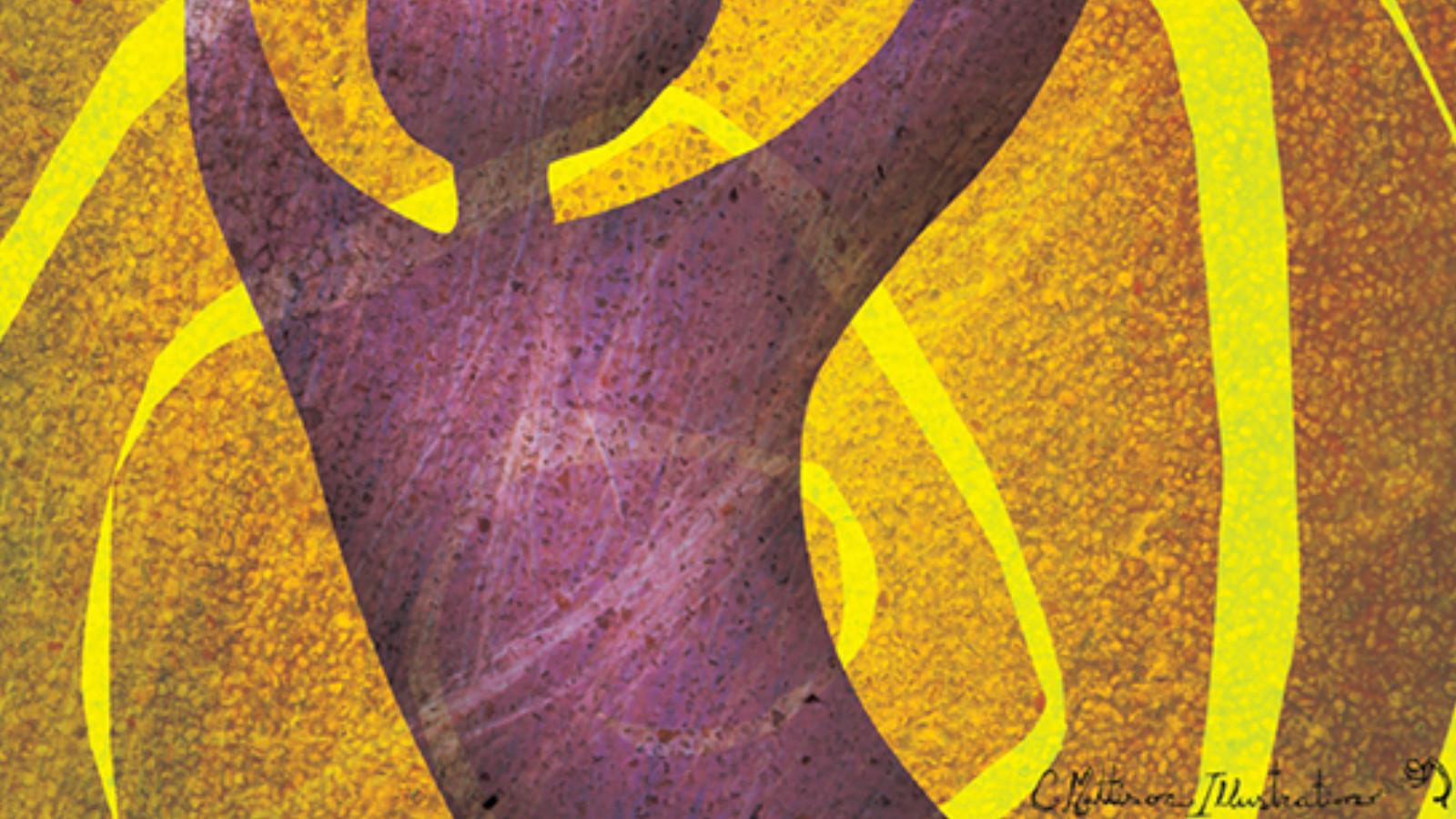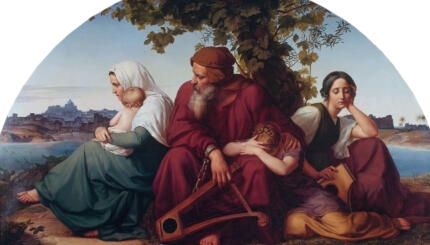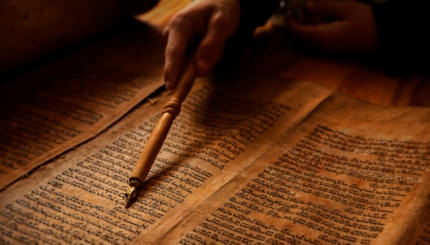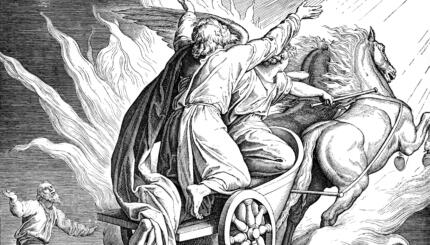Commentary on Parashat Bamidbar, Numbers 1:1-4:20
Of all my Instagram posts to go relatively “viral,” I did not expect it to be a carefully filtered snapshot of a box full of Grateful Dead tapes. But, a hundred or so likes and a bunch of comments later — there you have it. A day spent trying to clear out my storage unit in preparation for a cross-country move, produced a number of Instagram posts, a lot of dust, and a veritable maelstrom of nostalgia and anxiety about the change ahead.
A friend recently sent me two cartoons by the artist Mari Andrew, both about moving. In one, she imagines the boxes we fill, literally and symbolically, with such captions as: clothes I wear, clothes that make me weep because they hold memories, and letters that remind me of who I am. In another illustration, one that I am considering printing out and carrying with me, she shows us two identical drawings of a woman, holding a suitcase, staring at the road in front of her. On one side, she stares at an empty road ahead, and the caption reads: “I’m leaving.” The other road leads to a city, with trees and buildings, and clearly a sense of excitement. That caption reads: “I’m expanding.”
As we open the penultimate book of the Torah, we find the Israelites looking down those same roads, at least metaphorically speaking. While called Numbers in English, the Hebrew name for this fourth book of Torah is Bamidbar, or, in the wilderness. While the book seems to focus on, well, numbers (there are a number of census-taking situations), and on who carried what, I want to suggest that underlying it all is an anxiety about being in the betwixt and between, and a certain disquiet about an unknown future ahead.
Yet, as my new favorite illustration suggests— that very sense of uprootedness, can also beget creativity, hope, a world of new possibilities. The rabbis of the Midrash note that Torah, the sacred text of the Jewish people, was not given in Egypt — the land from which the Israelites came, nor the Promised Land — the ultimate destination of Torah. Rather, they teach, the Torah was given in the wilderness. From the Mechilta Shemot: BaChodesh 1:

Help us keep Jewish knowledge accessible to millions of people around the world.
Your donation to My Jewish Learning fuels endless journeys of Jewish discovery. With your help, My Jewish Learning can continue to provide nonstop opportunities for learning, connection and growth.
They camped in the wilderness: Torah was given publicly and freely, in a place belonging to no one, and all who want to receive and accept it can come and do so. To three things the Torah is likened: to the desert, to fire, and to water. This is to tell you that just as these three things are free to all who come into the world, so also are the words of the Torah free to all who come into the world.
In another teaching, the rabbis are even more direct: Allow yourself to be treated like a wilderness, they suggest. It’s a startling image, this one of being a wilderness. It’s an image that any of us, standing on the precipice of something new and unknown, might take to heart. Am I to be trampled by uncertainty? Yes. Tread upon by anxiety? Yes. Am I also going to be open to new people, new possibilities, new adventures? Yes, yes and yes. For the rabbis teach that if we are able to do this, if we allow ourselves to be a wilderness, then Torah will be given to you as a gift. Here, of course, the sages meant Torah in its strict sense — the five books of Moses, or the first section of the Hebrew Bible. But because the word Torah literally means “instruction,” I want to expand the definition to include it being the possibility of and vehicle for new learning, for a new way of looking at ourselves and the world, for a different direction entirely.
All of us, at some point or in some way, will find ourselves in a wilderness, unsure of where to go or what comes next. I hope that when you find yourself there, you are able to see through, or past, the uncertainty to the potential for the expansion. And to quote not a Jewish sage but an Irish proverb: “May the road rise up to meet you,” leading you through the wilderness into the life that awaits.



